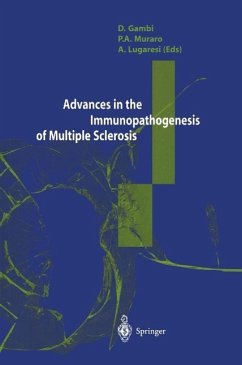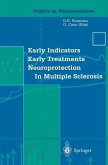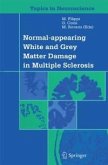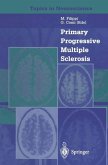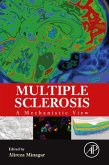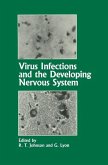P.A. MURARO, A. LUGARESI, D. GAMBI Many of the pathological aspects of multiple sclerosis (MS) lesions have been known for over a century. It is only recently, however, that different patterns of demyelination have been linked to distinct pathways of immune-mediated tissue destruction. In particular, the inter-individual heterogeneity of MS lesions has suggested that different mechanisms may act in different patients, accounting for the variability observed in clinical course, immunological findings in peripheral blood and cere brospinal fluid (CSF), and response to immunomodulatory treatments. To provide an overview of the basic mechanisms possibly involved in MS lesion initiation and development, an international meeting was organized in the context of the annual Congress of the Italian Neuroimmunology Association (AINI), held at the University of Chieti, in Chieti Italy on 29 October 1998. The high standard of presentations prompted us to report them in extended form, to highlight recent pro gress in the understanding of basic mechanisms sustaining MS immuno pathogenesis. A central role in the possible mechanisms leading to myelin destruc tion has been attributed to T lymphocytes reactive to myelin antigens. Studies on the myelin antigen-specific T cell repertoire have contributed significant advances to our knowledge of autoimmunity (Chapters 1,2).
Dieser Download kann aus rechtlichen Gründen nur mit Rechnungsadresse in A, B, BG, CY, CZ, D, DK, EW, E, FIN, F, GR, HR, H, IRL, I, LT, L, LR, M, NL, PL, P, R, S, SLO, SK ausgeliefert werden.

